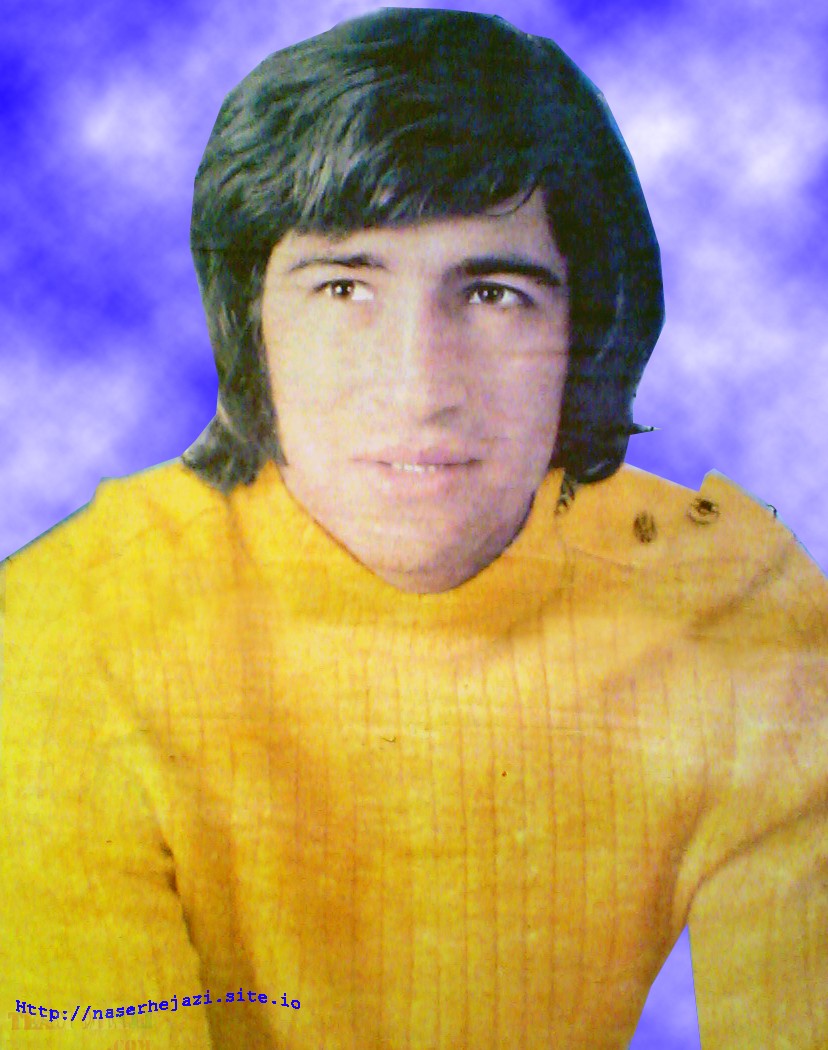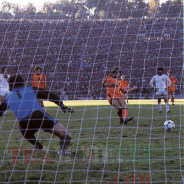By: Alex Dimond
(UK Lead Writer) on October 28, 2013
Football fans were in for a surprise while watching Homeland Sunday night, when acting CIA director Saul Berenson revealed himself to be an extremely knowledgeable student of the beautiful game.
(Warning: some mild spoilers ahead)
In a scene from the fourth episode of the show’s third season—shown last week in the United States, and on Sunday in the United Kingdom—Berenson (played by actor Mandy Patinkin) ends up revealing a presumably long-standing affection for a game that it is widely assumed not many Americans have.
Perhaps being in the American intelligence service really does mean having to keep tabs on everything.
Berenson arrives for a meeting with his researcher, Farah Shirazi (played by Tehran-born British actress Nazanin Boniadi), who reveals that her research has led her to a fictional Venezuelan club that is involved in a money-laundering operation whose majority owner appears to be one “Nasser Hejazi.”
The scene then plays out as an ode to one man’s knowledge of obscure footballing trivia.
Saul Berenson: Say again?
Fara Sherazi: Nasser Hejazi. Do you know him?
Saul Berenson: I know he played goalkeeper, for Iran’s 1978 World Cup team. He’s a legend.

The two then continue to debate the likelihood that Hejazi owns the Venezuelan club. It transpires that Hejazi was the favourite player of one Majid Javadi, a Middle Eastern operative on the CIA’s radar.
This is not the first time footballers have found their way into hit American TV shows—many remember the passing mentions of a “Pavlyuchenko” and “Arshavin” in an episode of Law & Order—but it is one of the more prominent.
Hejazi is certainly worth Berenson’s “legendary” description: The Tehran-born goalkeeper has proven to be one of the more enduringly popular sportsmen in his country’s history.
Having played for Iran for 12 years—including, yes, at the 1978 World Cup—he became an iconic figure. His performances in Argentina at that World Cup (most notably during a 1-1 draw with Scotland, Iran’s only point as they exited at the group stages) even attracted the interest of a certain English club that wanted to sign him for a period that summer.
“I went to England and was selected by Manchester United,” Hejazi later recalled, as John Duerden recounted for ESPN FC. “I was there for three months and played five (reserve) matches.”
United’s manager at the time, Dave Sexton, was impressed by what he saw and wanted to sign the goalkeeper, but political machinations at home prevented that from happening.
As Duerden recounts:
It wasn’t that simple. The Iranian Revolution started in 1978 and, in January 1979, Ayatollah Khomeini replaced the Shah.
The upheaval first meant that there was nobody at the Iranian Football Federation to deal with the paperwork and, by the time there was, the new government announced that players over 27 could not go overseas.
Hejazi was 30 but by then United had plumped for South Africa’s Gary Bailey, who paid his fare to Manchester for the chance of a trial.
The new government guideline effectively ended Hejazi’s top-level career, but he went on to be a popular and a successful manager with a number of clubs around the country.
Despite the professional regret of never managing to grace the stage at Old Trafford, Hejazi continued to be exceedingly popular in his country—evening trying to run for the presidency in 2005.
He was not permitted to run, however, and continued to be a manager and a coach.
In 2011, he died, due to the effects of lung cancer, with 25,000 people turning up for his funeral.
Still, the Eagle of Asia continues to be remembered and revered in his home country…and now also in American TV shows of declining quality.
Not that everyone has been happy about Hejazi’s name and history being invoked in a show about the threat of terrorism against the West, though.

